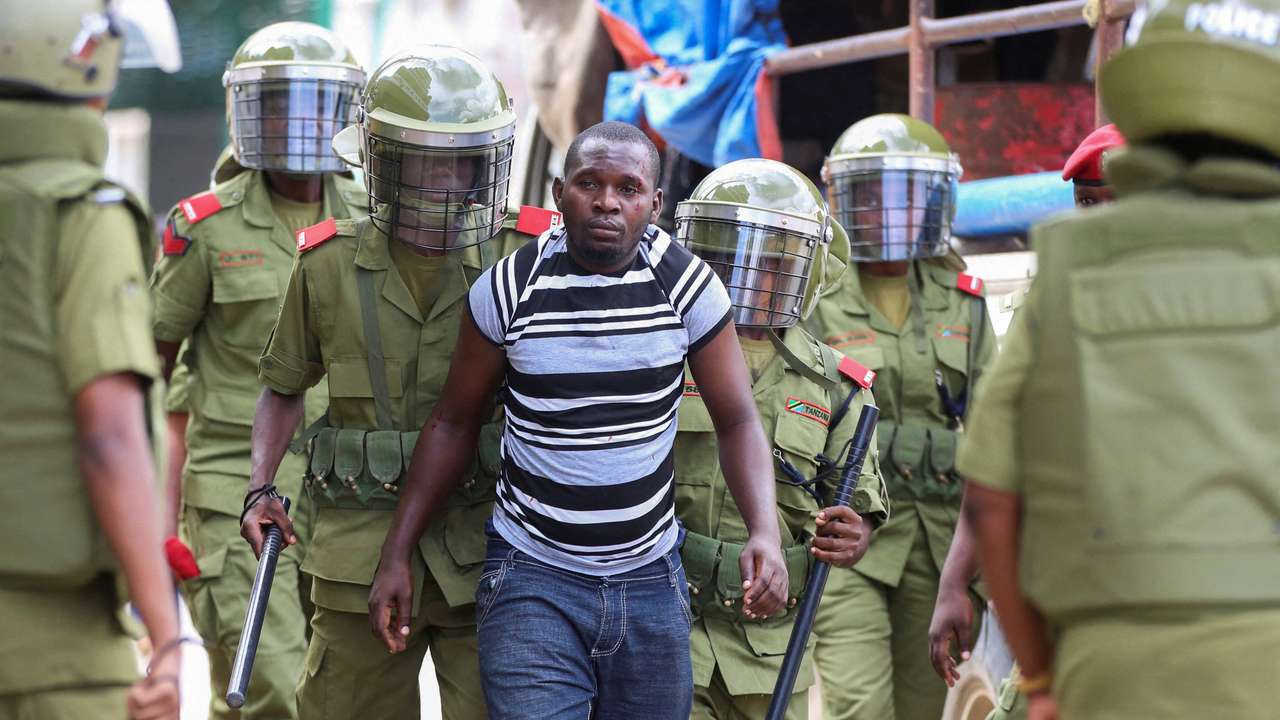The election is officially set to feature 17 presidential contenders, but only one, incumbent President Samia Suluhu Hassan of the ruling Chama Cha Mapinduzi (CCM), enjoys national recognition and institutional backing.
The imbalance has prompted critics to question whether the poll represents a genuine democratic contest or simply a formality to extend CCM’s near five-decade rule.
Opposition sidelined
Tanzania’s two largest opposition parties, CHADEMA and ACT-Wazalendo, are not taking part after accusing the government of orchestrating a systematic crackdown on dissent. Several of their key leaders have been barred from running, while others face ongoing court cases or arbitrary detention.
In April, the Independent National Electoral Commission (INEC) disqualified CHADEMA’s presidential candidate on what the party described as “manufactured technicalities.” International news agency Reuters later confirmed that other opposition figures were similarly struck off ballots at local and parliamentary levels.
Human rights groups, including Amnesty International, have reported a “climate of fear”, citing arbitrary arrests, media restrictions, and enforced disappearances in the lead-up to the vote.
“Authorities have intensified repression ahead of the elections, instilling fear among activists, journalists, and ordinary citizens,” Amnesty said in an October report.
When Samia Suluhu Hassan took office in 2021 following the death of John Magufuli, she was initially praised for loosening restrictions on the opposition and reopening civic space. But over time, that image has faded.
Opposition activists say the state has perfected a softer, procedural form of authoritarianism — one that relies less on overt violence and more on bureaucratic obstacles, judicial harassment, and control of the media landscape.
Economic background
Beyond the political contest, Tanzanians continue to grapple with everyday struggles; unreliable electricity, water shortages, unemployment, and poor healthcare.
Still, many voters feel there is little space for genuine alternatives, with the ruling party dominating the political narrative and state machinery.
What’s next
Election observers from the East African Community (EAC) and the African Union have deployed missions across the country, but analysts remain skeptical about whether their presence will ensure transparency.
